Mitchell Schnurman, Dallas Morning News
December 8, 2015
“We’re at the beginning of a journey,” keynote speaker Mike Zeto told a group of technology experts last month in Irving.
He was talking about the emergence of “smart cities” — communities adopting the latest technologies to cut costs, boost efficiencies and improve the lives of their residents.
As he spoke, a video began to play. A young woman, dressed in shorts and a tank top, was jogging across a city bridge. LED street lamps turned on as she passed below, lighting her way with every stride.
Then the video began to falter and the audio broke up. Within seconds, everything stopped — and the audience laughed.
“Well, that’s not exactly the way I thought it was gonna work,” said Zeto, general manager for AT&T’s smart cities unit.
It was a reminder that technology sometimes disappoints. That’s worth keeping in mind as cities and companies start pushing hard for major investments in sensors and connectivity. This movement is part of the Internet of things, a popular description for connecting billions of objects through the cloud.
Dallas recently created a public-private partnership that plans a smart cities project in downtown’s West End. Expected to launch next year, the project represents the kind of forward thinking that appeals to startups and young talent.
“This ties in with the ethos of the modern entrepreneur,” said Geoffrey Orsak, a leader in academia. “They want to be in environments that are advanced, even experimental. The West End could become a living laboratory.”
The Dallas group is focusing on adding smart technologies in three areas: infrastructure, mobility and connected living. Efforts could include sensors to capture real-time energy and water use; a green/solar roof initiative; smart parking solutions; improving bike lanes; and adding kiosks with data access.
If advocates can prove the concepts work in the West End, others in North Texas will be clamoring to get in the game.
Cities in Asia and Europe are at the forefront of smart cities because their urban centers are growing fast, often straining resources. Their solutions range from more efficient office buildings to apps that let citizens report potholes to dumpsters that indicate when they’re full and ready to be emptied.
Smart parking alone can reduce traffic by 40 percent in congested cities, said Richard Sear, a partner at the consulting firm Frost & Sullivan.
“This is the sensorization of things, where you turn something dumb into something smart,” said Sear, who’s working with Dallas leaders. “This drives up revenue for companies and taxes for government. And it saves time and money for consumers.”
Smart cities represent a trillion-dollar global market over the next decade, Frost estimates. Its potential was one of the factors behind a major partnership between Ericsson and Cisco, unveiled in November.
Cisco pointed to Barcelona, which had 22 major smart programs and 83 separate projects last year. The city saved $58 million annually on water and increased parking revenues by $50 million annually, Cisco said. In addition, smart city projects created 47,000 jobs there.
Barcelona “will be a showcase of how we can bring value to other cities around the world,” Hilton Romanski, Cisco’s chief strategy officer, said in an interview last month.
In September, the White House launched a smart cities initiative, pledging over $160 million in federal research for pilot projects and collaborations. It also gave a shout-out to Dallas for creating an alliance of business, government, academia and civic groups.
The Dallas Innovation Alliance lists 13 charter members, including AT&T, IBM, Microsoft, DART, Downtown Dallas Inc. and the city of Dallas.
“We want Dallas to be on the leading edge, not the trailing edge,” said Orsak, executive director of the Texas Research Alliance, which develops projects between local universities and industry. “We don’t want to wait and try to play catch up.”
Last week, Dallas was among 10 cities selected to participate in Envision America, one of the programs announced at the White House. In January, leaders from the cities will meet to discuss strategies and ways to collaborate with business. And the group includes some progressive places, such as Portland, Ore., New York City, Los Angeles and Cambridge, Mass.
Orsak is helping with grant proposals for North Texas, including about 10 submissions for a $100,000 grant from NEC Corp. Researchers have ideas for parking lot safety, optimizing transportation routes, collecting rain water for home use and managing energy, he said.
Proposals for most federal grants are due in the next few months. The National Science Foundation and other federal agencies, including transportation, energy, commerce and homeland security, will award over $100 million.
Dallas’ effort stands out because it brings together top companies and other leaders. And because the West End, relatively small and diverse, is ideal for seeing how technology can cut traffic, improve security and enhance work and life.
“We look like a city that’s ready to tackle these problems, so I think we’re gonna do well in the first round of funding,” Orsak said.
Private companies may pay for much of the costs of the pilot, but eventually cities will have to galvanize public support and find funding. The savings from tech upgrades and creating a sustainable community are key to selling the concept, said AT&T’s Zeto.
That “helps politicians get these programs across the finish line,” Zeto told the tech executives.
But others warn about creating too much hype. While smart cities and the Internet of things have great promise, the market won’t grow 50 percent a year or add many billions of devices by the end of the decade. That’s what some are predicting, said Robin Duke-Woolley, CEO of U.K.-based Beecham Research.
“We need to get real here,” Duke-Woolley wrote last month. “Twenty billion connected devices in 2020 is pie in the sky.”


